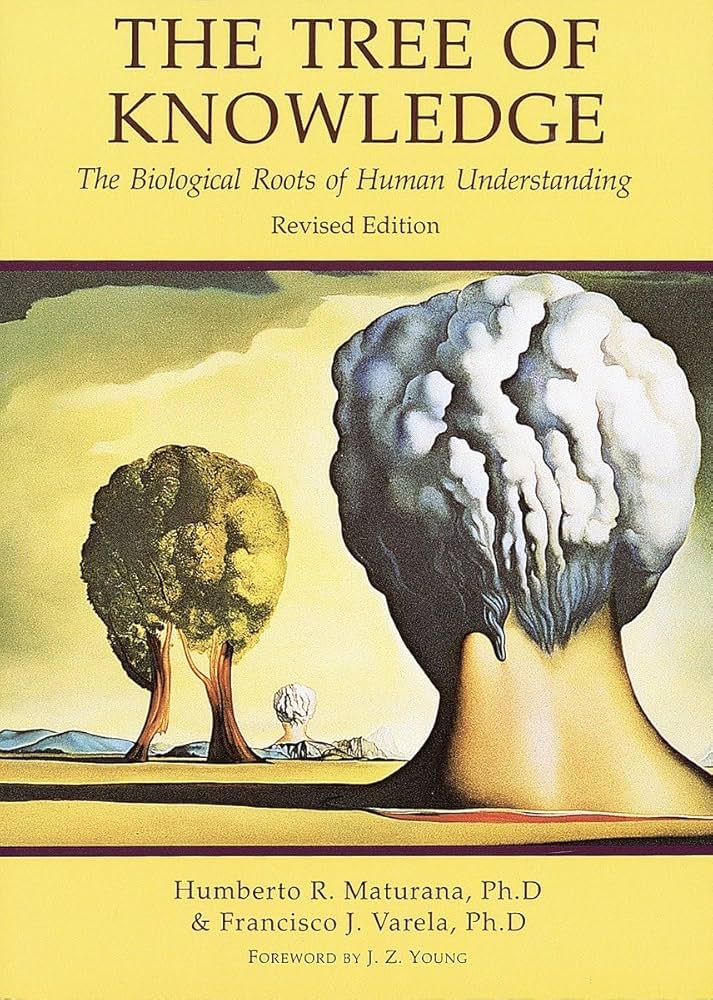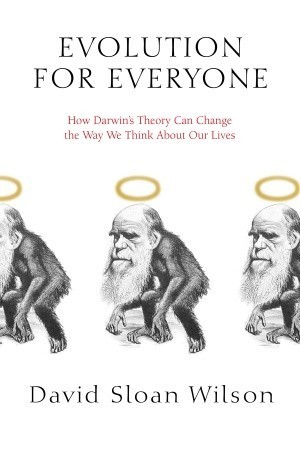
On Human Nature
Book Description
What if the essence of humanity lies not in our cultures, but in our biology? Edward O. Wilson dives deep into the heart of what makes us human, blending the intricacies of genetics with the influence of evolution. A powerful exploration unfolds, revealing how our instincts shape societies, relationships, and conflicts. With each page, the tension between nature and nurture crackles, inviting readers to grapple with profound questions about morality, unity, and survival. Can understanding our biological roots lead to a brighter future, or will it expose the very darkness within?
Quick Book Summary
In "On Human Nature," Edward O. Wilson investigates the biological underpinnings of human behavior, challenging the long-held belief that culture alone defines who we are. Wilson leverages the science of sociobiology to argue that our instincts, shaped by evolution and genetics, fundamentally influence our societies, relationships, and moral frameworks. He explores controversial topics such as aggression, sex roles, altruism, and religion, proposing that these phenomena are best understood through the lens of evolutionary biology. Balancing scientific rigor with philosophical inquiry, Wilson examines the interplay between nature and nurture, suggesting that recognizing humanity’s biological roots offers both promises for unity and perilous ethical dilemmas. Ultimately, the book calls readers to confront the implications of our shared evolutionary heritage for the future of society.
Summary of Key Ideas
Table of Contents
The Biological Basis of Human Behavior
Edward O. Wilson begins his exploration by establishing that to truly understand humanity, we need to examine our biological heritage. He argues that many aspects of human nature, from aggression to cooperation, are deeply rooted in our genetic makeup and evolutionary past. Drawing on sociobiology, Wilson posits that natural selection has shaped behaviors that enhance survival and reproduction, and this insight can illuminate why societies function the way they do.
Evolutionary Origins of Morality and Altruism
One of the book’s central themes is the evolutionary origin of morality and altruism. Wilson explores how seemingly selfless behaviors can arise through the mechanisms of kin and group selection, benefitting the broader gene pool even at individual cost. He details how empathy, cooperation, and ethical systems are not purely cultural inventions but have adaptive value, explaining much of human social life through a biological lens.
Nature versus Nurture in Shaping Societies
Wilson addresses the longstanding debate of nature versus nurture, emphasizing that culture and biology interact dynamically. While he acknowledges the importance of cultural learning and environment, he insists that inherent predispositions set boundaries and tendencies. Human culture, from language to social norms, emerges from our biological nature as much as it shapes our actions and values. This tension, he argues, defines much of what is unique about our species.
The Role of Instincts in Religion and Culture
Religion and other profound aspects of culture are also scrutinized from an evolutionary perspective. Wilson contends that religious belief and ritual have evolutionary roots, offering cohesion and shared identity that benefit group survival. By examining these patterns scientifically, he seeks to demystify elements of culture that are often considered uniquely human, suggesting that even the search for meaning is influenced by inherited instincts.
Ethical Challenges of Understanding Human Nature
Finally, Wilson tackles the ethical implications of his biological insights. Uncovering the biological roots of human behavior presents both opportunities and risks—greater unity and understanding on the one hand, but also the danger of biological determinism on the other. He urges caution, advocating for an ethical science that recognizes both the power and limits of biological explanations, and ultimately calls for a reflective approach to harnessing this knowledge for the good of humanity.
Download This Summary
Get a free PDF of this summary instantly — no email required.





